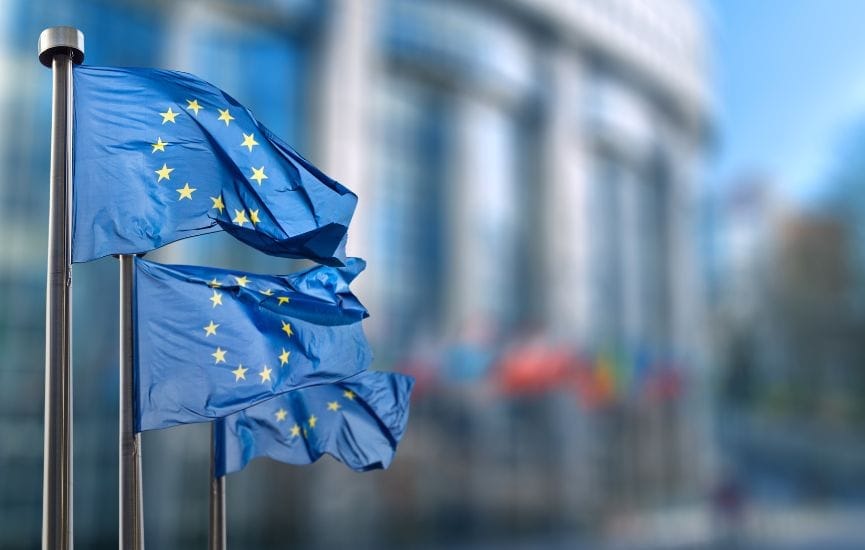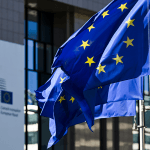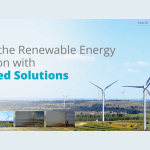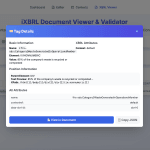EU Pushes Back Supply Chain Deforestation Rules by One Year

- The European Commission will postpone the EU Deforestation Regulation (EUDR) for another year due to IT system readiness.
- The law, aimed at cutting EU-linked deforestation, has faced pushback from trading partners and industry groups.
- The delay risks undermining Europe’s green agenda and intensifies scrutiny from environmental advocates.
Brussels Pushes Back Deadline
The European Commission will delay implementation of the EU’s landmark deforestation law by another year, citing fears that its digital infrastructure cannot handle the compliance load. The move, confirmed by Environment Commissioner Jessika Roswall in a letter to lawmakers, marks the second postponement of a regulation that was due to begin taking effect for large companies this December.
The EU Deforestation Regulation (EUDR), introduced in 2021, requires companies trading in commodities such as palm oil, beef, timber, soy, cocoa, coffee, and rubber to prove that their supply chains are free from deforestation after 2020. The law was hailed as the first global attempt to tackle imported deforestation at scale, with Brussels estimating that EU consumption drives roughly 10% of global forest loss.
Compliance Bottlenecks
Roswall told members of Parliament that the IT system underpinning the regulation is not equipped for the volume of data expected. “The system will very likely slow down to unacceptable levels or even suffer repeated and long-lasting disruptions,” she warned, raising fears that trade flows could be severely impacted.

The platform, designed to track and verify transactions across EU and third-country operators, is central to the law’s enforcement. Without it, companies cannot meet the traceability requirements that mandate proof of production origin down to the plot of land.
Roswall stressed that the delay was unrelated to U.S. or other trade partner objections, framing it instead as a practical necessity. “We have concern regarding the IT system, given the amount of information we put into it. The delay will give us time to look at the different risks,” she told reporters.
Political and Trade Pressures
The regulation has met resistance both within Europe and abroad. Brazil, Indonesia, and the United States have argued that compliance will drive up costs and constrain exports. The U.S. pulp and paper sector has pushed for exemptions, while EU member states including Poland and Austria have flagged difficulties for domestic producers in meeting traceability standards.
An earlier compromise between the European Council and Parliament already delayed the regulation’s start by one year. In addition, the Parliament recently rejected a benchmarking system that would have classified countries by deforestation risk, with some lawmakers pushing for a “no risk” category to exempt certain producers entirely.
The Commission has also faced criticism for moving too quickly despite uneven preparedness among both EU and non-EU stakeholders. Last year, officials acknowledged that several global partners had voiced concerns over readiness.
RELATED ARTICLE: Assent Launches EU Deforestation Regulation Compliance Software Ahead of 2025 Deadline
Environmental Backlash
The latest delay drew sharp condemnation from civil society. “Every day this law is delayed equates to more forests razed, more wildfires and more extreme weather,” said Nicole Polsterer, a campaigner with environmental group Fern.
Campaigners argue that postponement not only weakens Europe’s credibility on climate but also sends a troubling signal to markets at a time when companies are being pushed to disclose and cut Scope 3 emissions.
Implications for Business and Policy
For multinationals sourcing from high-risk regions, the delay provides temporary breathing space but prolongs uncertainty. Companies must still prepare for stringent due diligence once the law comes into force. That includes developing geolocation capabilities, adapting supplier contracts, and upgrading IT systems to integrate with Brussels’ eventual platform.
Investors and policymakers will watch closely to see whether the Commission can deliver a functional system within the revised timeframe. Failure to do so could invite further delays and erode the EU’s role as a standard-setter on sustainable trade.
Global Stakes
The EUDR is a flagship of the European Green Deal and part of Brussels’ effort to leverage market access to drive climate outcomes. Its delay carries significance beyond Europe. Emerging economies dependent on commodity exports face additional pressure to strengthen land-use governance. At the same time, rivals such as China and the U.S. are monitoring whether Europe can enforce a measure that others have so far avoided.
For corporate leaders, the setback highlights a broader challenge: sustainability legislation is advancing faster than the infrastructure needed to implement it. As regulators raise the bar on traceability and disclosure, the ability to manage compliance digitally will determine whether companies — and governments — can meet their climate commitments.
Follow ESG News on LinkedIn












